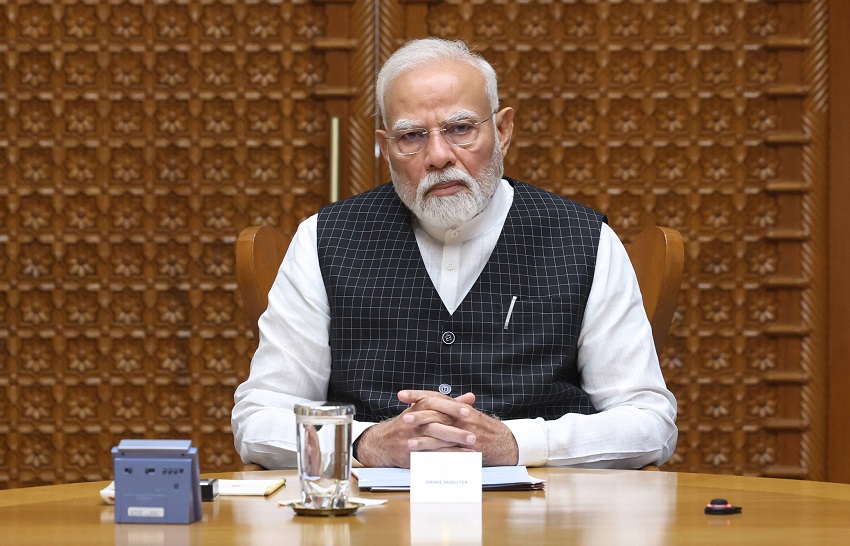
PMO Plots Strategy to Build India’s Own Big Four Firms
In a significant policy push, the Prime Minister’s Office (PMO) convened a high-level meeting on Friday to chart out a roadmap for establishing large Indian accountancy firms capable of standing toe-to-toe with the global Big Four — Deloitte, PwC, EY, and KPMG. The move signals an ambitious effort to transform India from a consumer of international audit services into a global supplier of competitive, homegrown alternatives.
The meeting was chaired by Principal Secretary to the Prime Minister, Shaktikanta Das, and was attended by senior officials from regulatory bodies and the finance ministry. The core agenda revolved around identifying structural gaps, regulatory challenges, and necessary reforms to help Indian firms scale up in size, capacity, and credibility.
India Big Four: Vision of a Self-Reliant Audit Sector
India’s current audit market is heavily skewed towards global players. As of March 2025, affiliates of the Big Four, along with firms like BDO and Grant Thornton, accounted for the auditing of 326 out of the 486 companies listed in the Nifty-500 index. Combined, these foreign-affiliated entities reportedly crossed ₹45,000 crore in revenue during the last financial year.
This dependence has raised strategic concerns within the government, especially regarding data security, regulatory independence, and India’s capacity to lead in financial services. The PMO initiative seeks to change that by nurturing India’s own “Big Four” — a quartet of large domestic firms with the scale and expertise to serve both national and international markets.
Domestic Accounting Firms: Structural Reforms Underway
A key discussion point during the meeting was the implementation of reforms that allow Indian Chartered Accountancy firms to enter global partnerships while retaining domestic control. In a related development, the Institute of Chartered Accountants of India (ICAI) recently approved a framework that enables Indian firms to tie up with foreign entities under strict registration and compliance rules.
This regulatory shift is seen as a catalyst for growth, allowing Indian firms to access global know-how, attract international clients, and build scale without losing their national identity. It also opens avenues for cross-border audits and consulting projects, expanding India’s share in the global accounting services market.
Audit Ecosystem in India: Building Competitiveness
The government’s push is rooted in a broader aim to revamp India’s audit and assurance sector into a globally competitive ecosystem. The emphasis is not only on building financial strength but also on strengthening governance, ethical practices, and digital auditing capabilities.
By reducing reliance on foreign accounting conglomerates, India hopes to build indigenous firms that are not only globally competitive but also aligned with national interests. This forms a key component of the country’s economic self-reliance strategy, especially in sensitive sectors like financial oversight and corporate governance.
The PMO-led initiative may soon translate into more concrete policy measures, including capacity-building support, eased regulatory pathways, and incentives for domestic firms aiming to go global. If successful, India could soon see the rise of its own accounting powerhouses reshaping the global audit landscape.


















